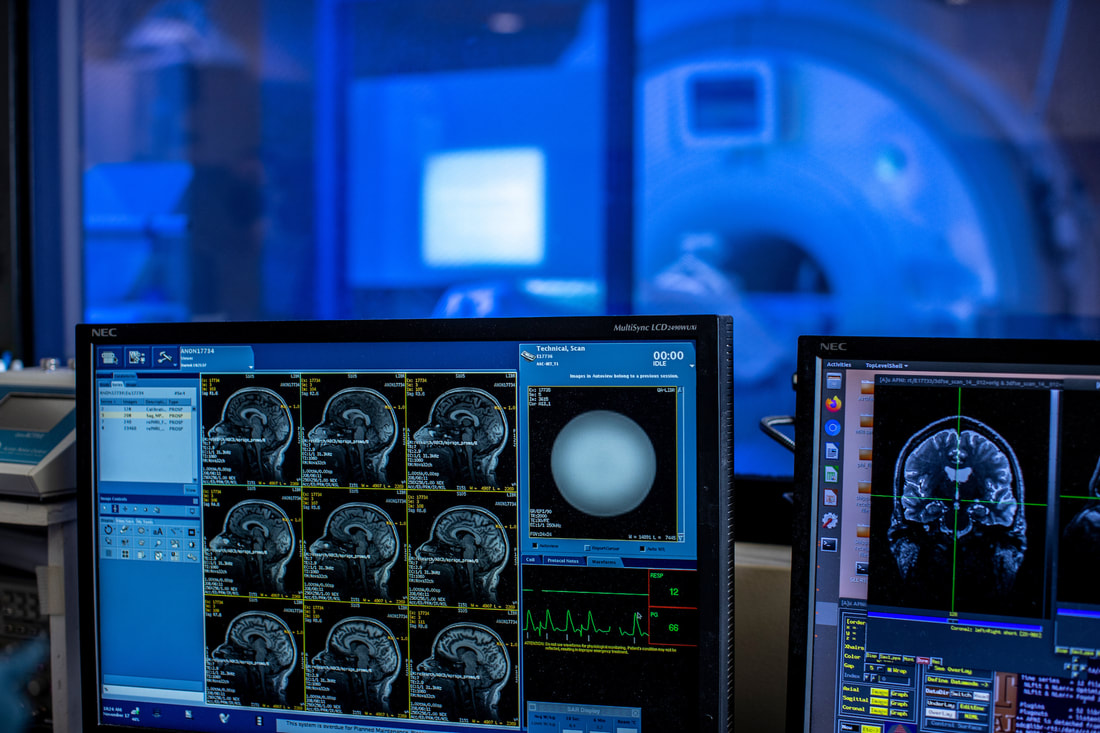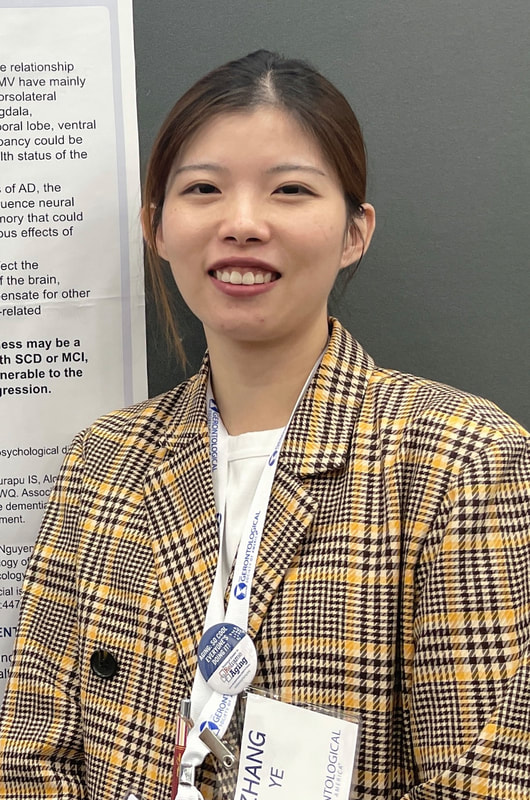The Zheng Laboratory
Our Research ApproachThere is a fast-growing interest in investigating whether inflammation plays a causal role in the development of depression. Dr. Zheng’s lab leverages peripheral immune markers, behavioral measures and state-of-the-art neuroimaging tools, seeking to gain mechanistic insights into the relationship between the immune system and brain structural/functional alterations in the context of depression. The ultimate goal of Dr. Zheng’s lab is use the knowledge generated from her research program to develop actionable intervention strategies for depression.
|
Research Program Highlights
|
Accumulated evidence suggests that neurotropic viral infections such as cytomegalovirus (CMV) may be a targetable source of neuropathology in depression. This raises a possibility that reducing CMV infection may improve the structural and functional brain abnormalities associated with depression and bring therapeutic effect in some depressed patients. To test this hypothesis, Dr. Zheng is currently working with Dr. Jonathan Savitz to conduct a randomized placebo-controlled trial with an FDA-approved anti-CMV medication, valganciclovir (VGCV), to knock down CMV activity.
|
Dr. Zheng is also interested in testing whether dysregulated brain-immune communication (i.e., the way the brain processes inflammatory signals) observed in MDD can be improved by using non-invasive interventions to reset the fine turned immune-brain communication. Such interventions could be (1) using ultrasound stimulation in the hub region of interoception, that is the insula; (2) using pharmacological challenge (i.e., non-steroidal anti-inflammatory agent ibuprofen) to stimulate immuno-interoception and the insula activity.
|
Scientific Background
Dr. Zheng graduated from Fujian Medical University, Fujian, China in psychology (B.S.), including a one-year clinical internship at the university-affiliated psychiatry department. After 3 years of work experience at Janssen Pharmaceuticals of Johnson & Johnson (Fujian, China), she pursued her graduate education in clinical psychology (M.A.) and cognitive neuroscience (Ph.D.) at Shimane University (Shimane, Japan). During her Ph.D. training, she also received training in machine learning under the supervision of Dr. Masashi Sugiyama at RIKEN Center for Advanced Intelligence Project (Tokyo, Japan). Dr. Zheng joined LIBR in 2019 as a postdoctoral fellow, working closely with Dr. Jonathan Savitz and Dr. Martin Paulus and began her position as a Research Associate in 2021.
Over the course of Dr. Zheng’s education and training, she has accumulated training and background in psychiatry, neuroscience, neuroimaging techniques, mathematics, statistics, and immunology. Her unique background has well positioned Dr. Zheng to carry out her own independent research which focuses on immunopsychiatry.
Over the course of Dr. Zheng’s education and training, she has accumulated training and background in psychiatry, neuroscience, neuroimaging techniques, mathematics, statistics, and immunology. Her unique background has well positioned Dr. Zheng to carry out her own independent research which focuses on immunopsychiatry.





